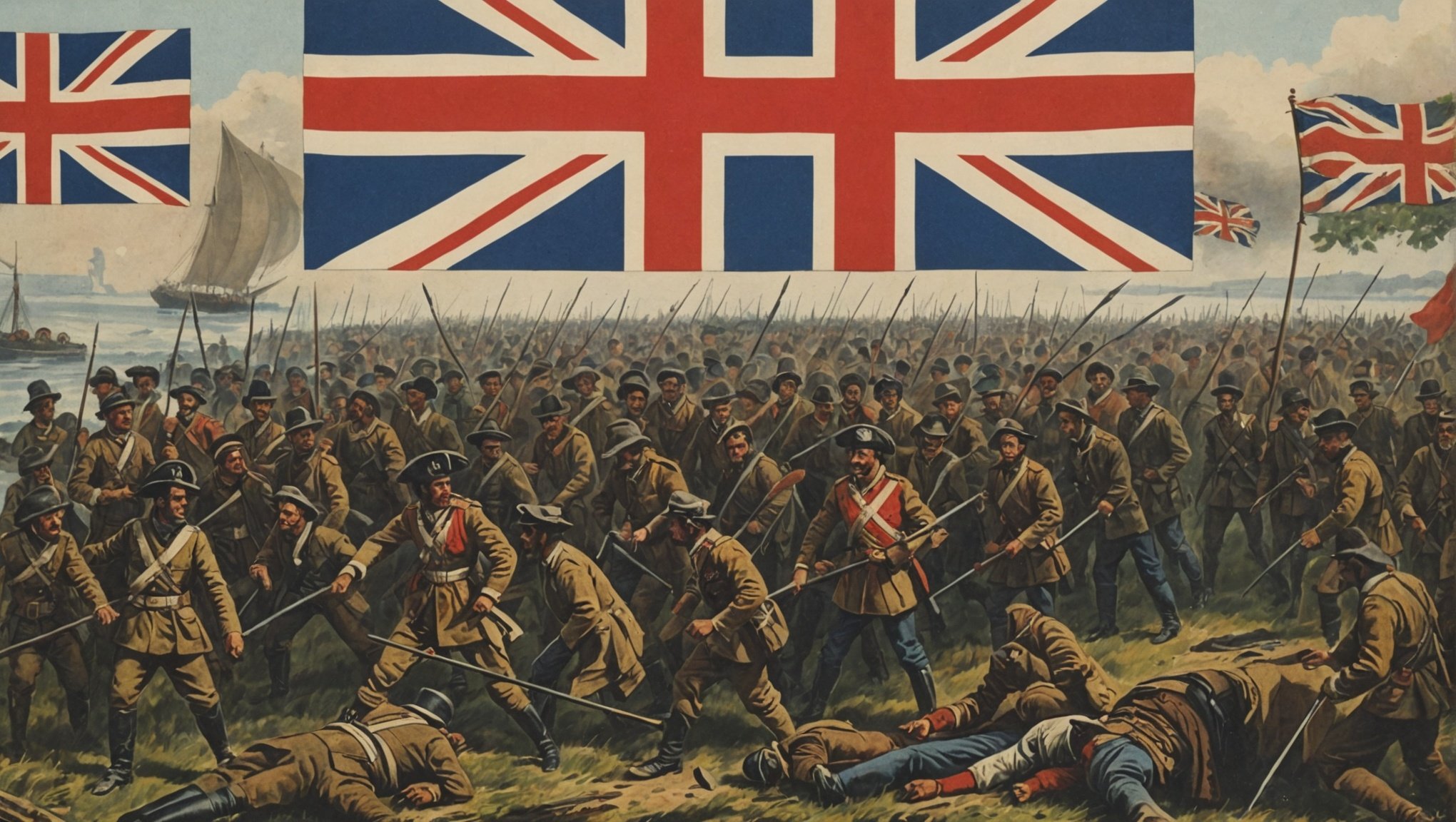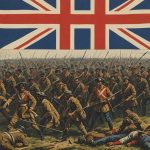In the annals of global history, few subjects evoke as much curiosity and controversy as British colonialism. Spanning continents and centuries, the British Empire was one of the most extensive empires in world history, influencing the political, social, and economic landscapes of numerous regions. This article delves into the top locations worldwide where you can immerse yourselves in the intricate history of British colonialism. From museums to former colonial administrative centers, these sites offer invaluable insights into the empire that shaped the modern world.
The British Museum, London
The British Museum in London stands as one of the most comprehensive repositories of human history and culture. Its expansive collections provide a window into the vast territories once under British colonial rule. Established in 1753, the museum houses artifacts from Africa, Asia, and the Americas, each telling a unique story about the empire’s reach and influence.
Also read : Where can you find an in-depth tour of the Harry Potter filming locations across the UK?
Walking through the museum’s galleries, you can explore treasures from ancient Egypt, marvel at the Elgin Marbles, and delve into the rich histories of India and Africa. One of the highlights is the extensive collection of artifacts from the East India Company, which played a pivotal role in British colonialism in Asia. The exhibits offer a nuanced perspective on the ethical complexities and cultural exchanges that characterized the century-long British rule.
Moreover, the museum often hosts temporary exhibitions focusing on specific aspects of colonial history, such as the American revolution or the slave trade. These exhibits are meticulously curated, providing a balanced view that includes the perspectives of the indigenous people and the colonizers. As you navigate these halls, you will find yourselves contemplating the legacies of imperialism and the ongoing quest for independence.
Additional reading : Master your visit: essential st peter’s basilica tickets tips
Robben Island, South Africa
Robben Island, off the coast of Cape Town, is a poignant symbol of the struggle against British colonialism and apartheid in South Africa. Declared a UNESCO World Heritage Site, the island is most famous as the prison where Nelson Mandela was incarcerated for 18 years. However, its history as a place of exile and imprisonment dates back to the 17th century.
Visiting Robben Island, you will learn about the harsh realities faced by political prisoners under both British and Dutch colonial rule. The guided tours, often led by former prisoners, provide personal anecdotes and historical context that bring the past to life. The island’s museum includes exhibits on the slave trade and the broader history of colonialism in Africa.
The island’s history is a stark reminder of the impact of European imperialism on the African continent and the resilience of those who fought for freedom. It highlights the immense human cost of colonial policies and the enduring spirit of resistance among the African people.
The National Archives, Kew, England
For those with a keen interest in primary sources, the National Archives in Kew, England, is an indispensable resource. Home to millions of documents, the archives hold extensive records related to the British Empire, including papers from the Colonial Office, the East India Company, and various British colonies.
Researchers and history enthusiasts can delve into correspondence, treaties, maps, and administrative records that shed light on the workings of the British colonial administration. The archives provide a wealth of information on the American colonies, the Berlin Conference, and the intricate trade networks that sustained the empire.
The National Archives also offer online access to digitized documents, making it easier for you to explore the vast troves of historical material from anywhere in the world. Whether you are interested in the industrial revolution or the policies of indirect rule, these archives will provide an in-depth understanding of the British colonial era.
The Victoria Memorial, Kolkata, India
The Victoria Memorial in Kolkata stands as a grand testament to the legacy of British colonialism in India. Commissioned in 1906 to honor Queen Victoria, the monument is an architectural marvel, blending British and Mughal styles. Today, it houses a museum that chronicles the history of British rule in India, from the arrival of the East India Company to India’s independence in 1947.
As you walk through the museum’s galleries, you will encounter artifacts, paintings, and photographs that narrate the complex relationship between Britain and India. Exhibits cover key events such as the Indian Rebellion of 1857, the establishment of the colonial office, and the Indian independence movement. The museum also explores the socio-cultural impact of British rule on Indian society, including education, trade, and infrastructure development.
The Victoria Memorial offers a nuanced view of the colonial experience, highlighting both the advancements and the exploitation that characterized British rule in India. It is a place where you can reflect on the profound changes that shaped modern India and the enduring legacies of colonialism.
Williamsburg, Virginia, United States
In North America, the historic town of Williamsburg, Virginia, offers a fascinating glimpse into the life of the American colonies under British rule. As the capital of the Colony of Virginia from 1699 to 1780, Williamsburg was a center of political, cultural, and social life in colonial America.
The meticulously restored buildings and living history museums of Colonial Williamsburg transport you back to the 18th century. You can explore the Governor’s Palace, the Capitol, and various trade shops, all staffed by interpreters in period dress who recreate daily life in the colonial era. Special exhibits and reenactments focus on the lead-up to the American Revolution, providing insights into the tensions and events that led to the birth of the United States.
Williamsburg’s rich history also includes perspectives on indigenous people and the slave trade, offering a comprehensive view of the British colonial experience in America. The town is a living classroom where you can engage directly with the past and gain a deeper understanding of the complexities of colonial rule.
Understanding the history of British colonialism requires a multifaceted approach, and these locations offer unique perspectives on the empire’s vast and varied impact. From the treasures of the British Museum to the poignant history of Robben Island, each site provides invaluable insights into the legacies of imperial rule.
By visiting these places, you will gain a deeper appreciation of the British Empire’s global influence and the enduring consequences of colonialism. Each location offers a unique narrative, helping you to piece together the complex history of an empire that shaped the modern world. Whether you are a scholar, a student, or simply curious about the past, these sites provide a rich tapestry of stories that illuminate the many facets of British colonial history.
















